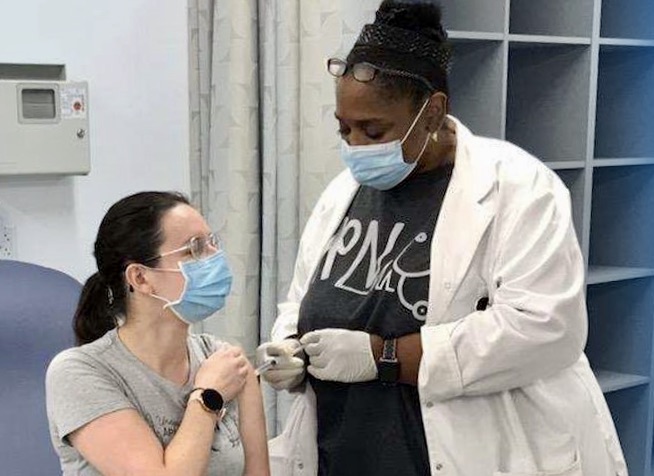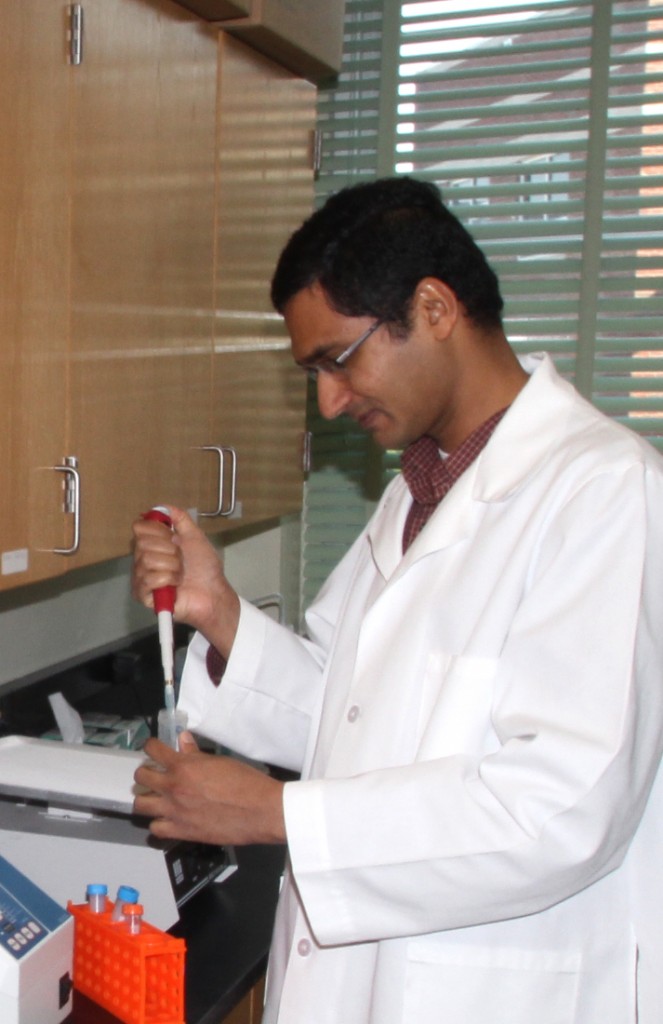NASHVILLE, Tenn. (TSU News Service) – With evidence mounting about the dangers of the COVID-19 Delta variant, a TSU public health expert is urging the public to take the warning from the Centers for Disease Control and Prevention seriously and get vaccinated.
“This is no time for hesitancy,” said Dr. Wendelyn Inman, an infectious disease expert and professor and director of the public health program in the College of Health Sciences. ”The vaccines work. This Delta variant is nothing to brush off; it is very serious.”
Reminding the public about the need to take necessary precaution, including wearing masks, and how the CDC arrives at its conclusions, Inman said the agency looks at “all of the data – the bigger picture.”
“They look at anecdotal information, they look at statistics, they look at the obvious and they look at the things that really are in the background that we really don’t see,” said Inman, who was previously the chief of epidemiology for the State of Tennessee.
“So, it will take them days to explain things to us. But what they have digested in offering solutions for us as the prime directive is to save lives. A lot of times we don’t understand that and a lot of times we don’t agree with it. But if they have chosen to make a recommendation to wear mask again, even in-doors, even if you have been immunized that means our situation is taking another level of seriousness.”
In its recent recommendation urging people in COVID-19 hotspots like Tennessee to resume mask-wearing in indoor public spaces, the agency laid out what is known about the delta variant, which now accounts for most of the COVID-19 cases in the United States.
“The Delta variant is showing every day its willingness to outsmart us and be an opportunist,” CDC director Dr. Rochelle Walensky said. “In rare occasions, some vaccinated people infected with the Delta variant after vaccination may be contagious and spread the virus to others. This new science is worrisome and unfortunately warrants an update to our recommendations.”
In Tennessee, the state’s Department of Health rates 85 of the state’s 95 counties with “high” or “substantial” transmission ratings. The remaining 10 have “moderate” ratings. Davidson County, which includes Nashville, is rated “substantial.”
Inman described the COVID-19 microbe as “an enemy that takes advantage of us touching, breathing, and seeing each other.”
“So, why we may not understand how microbes are transmitted, you need to know that the variant is more transmissible than its last existence. It has mutated. This happens in the microbial world every day. That’s why we have the Delta variant,” Inman said.
In June, TSU, in collaboration with the Nashville Metro Public Health Department, started offering vaccines to residents 12 years old and up at the university’s Avon Williams Campus. The next vaccine event will be on Aug. 30 in Kean Hall on the main campus, from 9 a.m. – noon. To register, visit www.signupgenius.com/go/tsu
Dr. Felicia Tinuoye and Dr. Tatiana Zabaleta, international public health professionals, are part of the MPH, or Master’s in Public Health program at TSU. They said in addition to their medical disciplines, they have learned so much in the TSU program to help them better understand the seriousness of the need to get protection against COVID-19 and the Delta variant.
“The program gives students exposure on how to be proactive,” said Tinuoye, of Nigeria, who completed her MPH degree in April. “TSU is doing what it is supposed to be doing. We need to ensure that the public gets the right message to help people make up their minds about available preventive measures.”
Zabaleta, from Colombia, who graduates in December, agrees.
“This program has given me the opportunity to learn more about global health and how to help solve the problem of health disparity in my own country,” she said. “TSU’s MPH program empowers students to really get involved in helping people, especially during this pandemic.”
To learn more about the university’s COVID-19 protocols, visit https://www.tnstate.edu/covid19/
Department of Media Relations
Tennessee State University
3500 John Merritt Boulevard
Nashville, Tennessee 37209
615.963.5331
About Tennessee State University
Founded in 1912, Tennessee State University is Nashville’s only public university, and is a premier, historically black university and land-grant institution offering 39 bachelor’s degree programs, 24 master’s degree programs, and eight doctoral degrees. TSU is a comprehensive research intensive institution with a R-2 Carnegie designation, and has a graduate school on its downtown Avon Williams Campus, along with the Otis Floyd Nursery Research Center in McMinnville, Tennessee. With a commitment to excellence, Tennessee State University provides students with a quality education in a nurturing and innovative environment that prepares them as alumni to be global leaders in every facet of society. Visit the University online at tnstate.edu.






